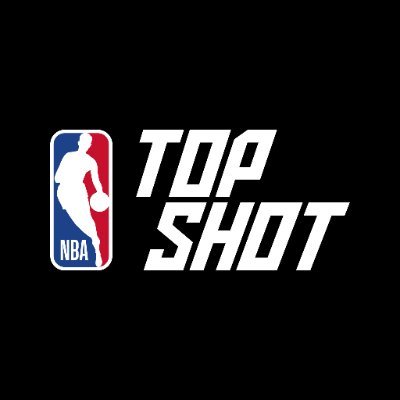Digital Collectibles, NBA Top Shot, What You Really Get, and How Risky is It?
Thursday, March 18th, 2021

Perhaps you missed out on becoming instantly crazy rich by not buying Gamestop stock when the Reddit crowd was sending it to the Moon. Would you now like to try your luck on digital non-fungible tokens such as, perhaps, a hot Moment in NBA Top Shot? If so, what are you really buying? Is the investment secure?
Let’s unpack this. You’ve probably heard of blockchain. It’s a technology for recording data so it is authenticated and resistant to modification. It’s best known for being the technology underlying cryptocurrencies such as Bitcoin.
It’s now popular to buy, sell, and trade digital collectibles using blockchain technology, particularly something called “non-fungible tokens.” There are online marketplaces for digital collectibles, such as sports highlights, art, and music.
The biggest buzz concerns NBA Top Shot. It sells sports video clips it calls “Moments” and operates a marketplace in them. NBA Top Shot is a joint venture of the NBA and Dapper Labs.
A Moment features a short video clip of a player in a game and includes stats from the game from which the Moment was taken. The whole thing is laden with NBA and team logos.
The NBA sells Moments in limited editions. A limited edition can be anywhere from over 10,000 copies to just one. Moments are numbered, so there is value in owning the first in a series or the number that matches the player’s jersey number.
In February, over 100,000 people bought Moments. Sales that month exceeded $250 million.
For example, NBA Top Shot sold 59 copies of a Moment featuring a LeBron James dunk done in tribute to Kobe Bryant. A collector paid $71,455 for the first in the series. Currently, there are two such Moments for sale in the Top Shot marketplace. The lowest asking price is $179,000 and the highest resale is $125,000.
What makes these values crazy is the video clip in a Moment is viewable by anybody. You see them all on the NBA Top Shot website. You can find the same clips on YouTube.
NBA Top Shot touts you can “own the best Moments from NBA history.” As an intellectual property attorney, I wondered what do you actually own if you buy a Moment? Also, what protection do you have against the value of a Moment being undercut by NBA Top Shot later issuing more of essentially the same thing? And do you have to worry about buying a counterfeit?
Regarding ownership, think of a Moment as a sports trading card in video form. You own that copy of the Moment (or card). You can keep it, display it in limited circumstances, sell it, or trade it.
But you don’t own any intellectual property right in what the Moment contains. You don’t get copyright ownership of the video or any ownership of the team or NBA logos in the Moment. Under the NBA Top Shot terms, you can’t use the Moment for a commercial purpose, such as in business advertising. You can’t reproduce any part of the Moment, such as to make prints or t-shirts.
That’s like the limitations regarding a tangible player trading card. Just because you own a rookie Michael Jordan trading card doesn’t entitle you to make and sell copies of it.
What about investment value? Value comes from scarcity. NBA Top Shot promises it will never exceed a stated edition size.
But there is little to prevent NBA Top Shot from cheating. For example, what if it released a Moment of the same Lebron James dunk from a different angle or zoomed out? Nothing in its online terms prevents it from doing so.
Ultimately, you are banking on the integrity of NBA Top Shot to not later release a new Moment that erodes the value of one already released.
Finally, should you worry about buying a counterfeit? With NBA Top Shot, there’s no worry. It uses officially licensed NBA video.
Counterfeiting and other nefarious conduct will be an issue with other digital items sold online, however. For example, if you buy a piece of digital art online in a blockchain non-fungible token system, nothing about the technology guarantees that the artist from whom you buy actually created the work as opposed to ripping it off from somebody else. That could lead to an infringement lawsuit that could result in you losing your copy of the digital art.
To put it in NBA terms, you’d be posterized.
Written on March 16, 2021
by John B. Farmer
© 2021 Leading-Edge Law Group, PLC. All rights reserved.




